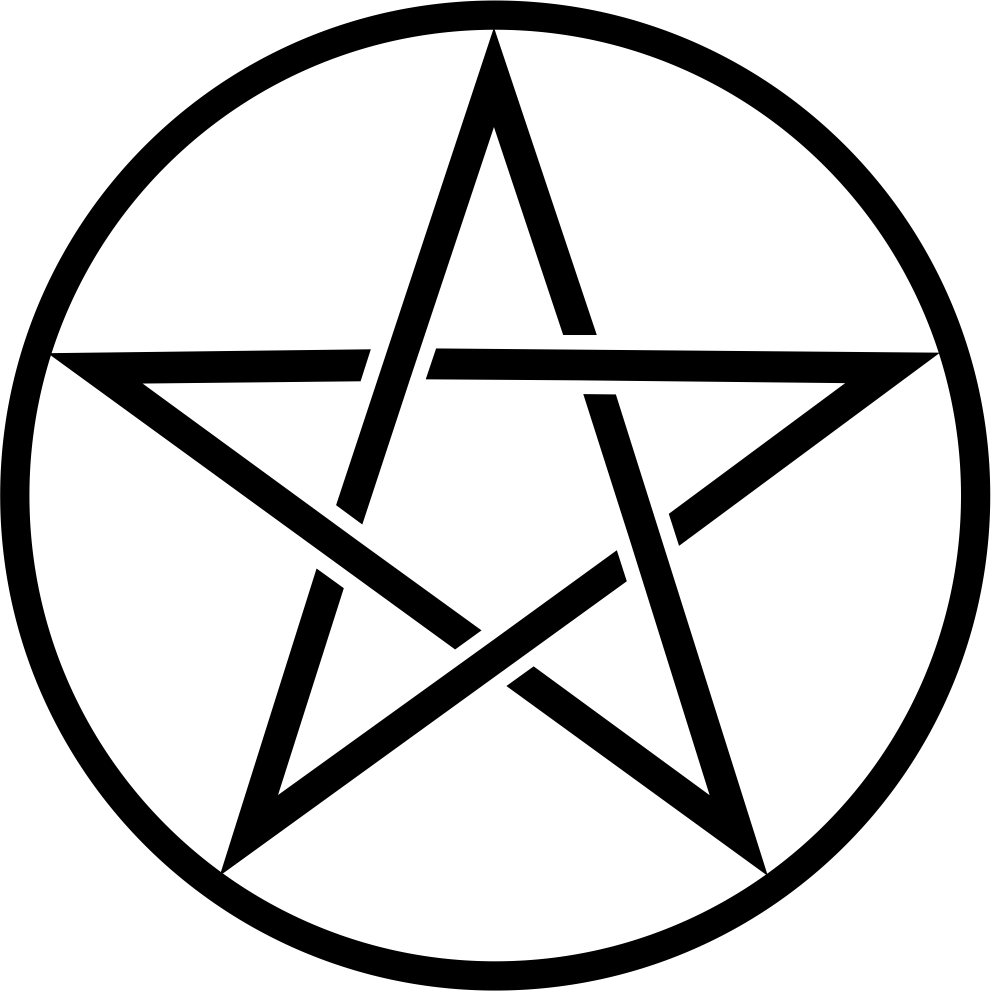Ansuz
ANSUZ (Ann-Suess) Also: Os or Ac (Futhorc), Oss (Younger Futhark) Latin Alphabet: A Literal Translation: Odin Esoteric: Breath or “Ancestral Sovereign God” As with most Futhark runes, Ansuz carries a two-fold meaning in divination- divine inspiration, word-power, transformation, intellect, communication, or misunderstanding, delusion, manipulation by others, and bad advice.

